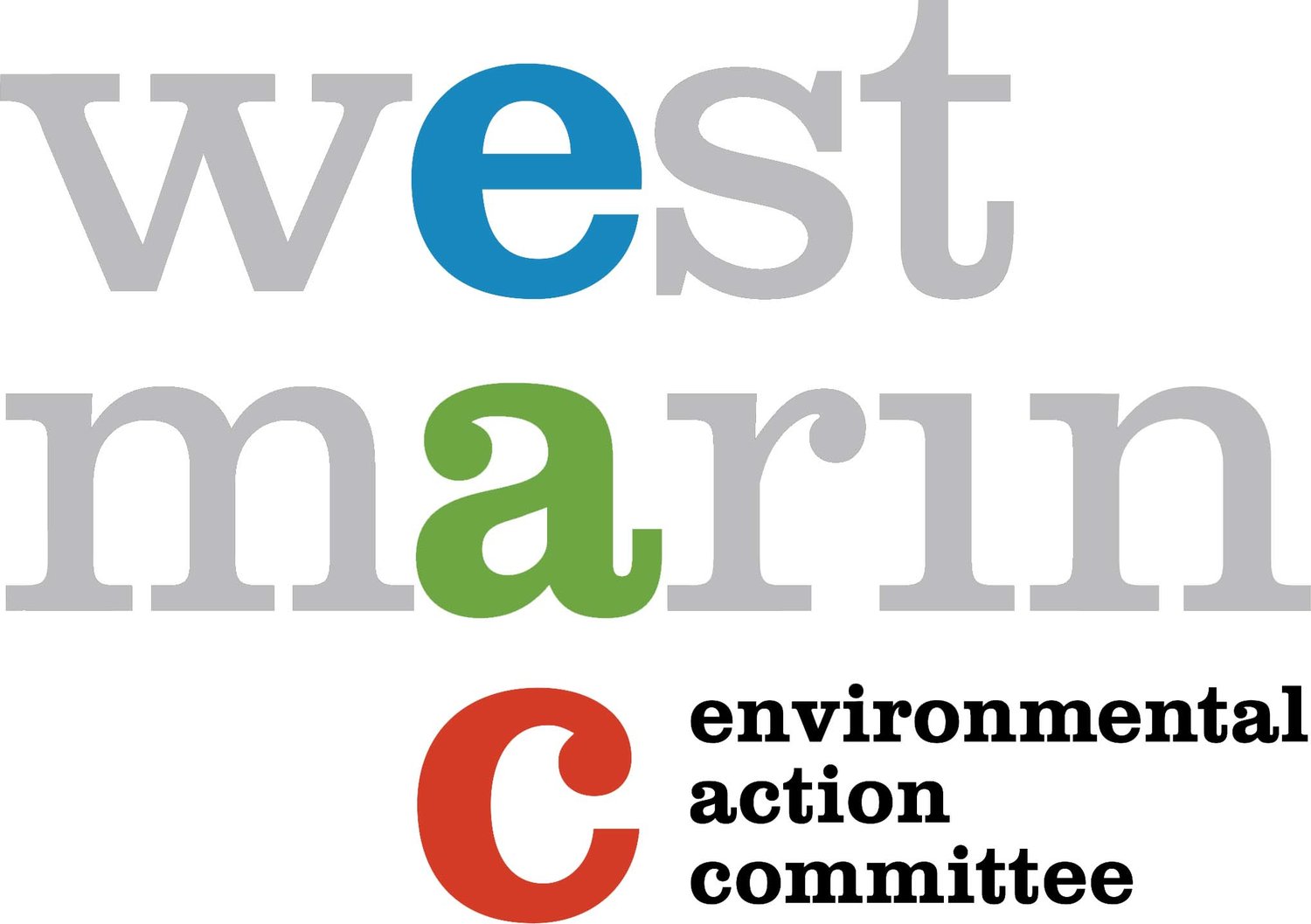EAC continues our work on climate adaptation including our support for consistent statewide efforts.
Bolinas Beach
In November 2020, we spoke at the California Coastal Commission meeting (Commission), lending our general support for statewide Shared Principles for Adaptation Planning. We are particularly supportive of long-range planning, nature based solutions, the protection of priceless coastal resources, the community character of our coastal villages, and public access.
At the meeting, a Joint Statement (with the California State Association of Counties and the League of California Cities) was adopted that included guiding principles, opportunities, and challenges associated with pro-active and effective sea level rise adaptation for California’s coastal communities.
The Statement acknowledges basic sea level rise planning needs including use of best available science, policies on disclosure and assumption of risks related to sea level rise hazards, and policies to ensure new development is appropriately sited using a phased approach where necessary.
In December, the Commission held a Special Meeting, featuring a public hearing and joint workshop to discuss sea level rise and implementation of the November Joint Statement. EAC participated in this meeting, voicing our continued support for collaborative adaptation planning:
“Our priorities are focused on supporting pro-active long-range planning, nature based solutions (rather than armoring), the protection of priceless coastal resources and biodiversity, the community character of our coastal villages, and public access, while also taking equity into account. We support the use of best available science as our coastal villages adapt to changing conditions, and we also support consistency with past (Local Coastal Programs) LCPs and the Coastal Act, while acknowledging that each LCP and village is unique.”
We are excited to finally have support from the federal administration to focus on the climate crisis, and we are relieved that President Biden signed an executive order re-joining the Paris Climate Agreement. We were also encouraged by the introduction of the federal Oceans Solutions Bill at the end of last year, and we hope this progress will continue because we don’t have time to wait! There are also some recent and interesting technological advances in climate ocean data monitoring.
Learn More
Coastal Commission November meeting video (Agenda Item W6d)
Coastal Commission December special meeting video
Partner update: Act Coastal
EAC’s work on the Marin County Local Coastal Program Amendments



